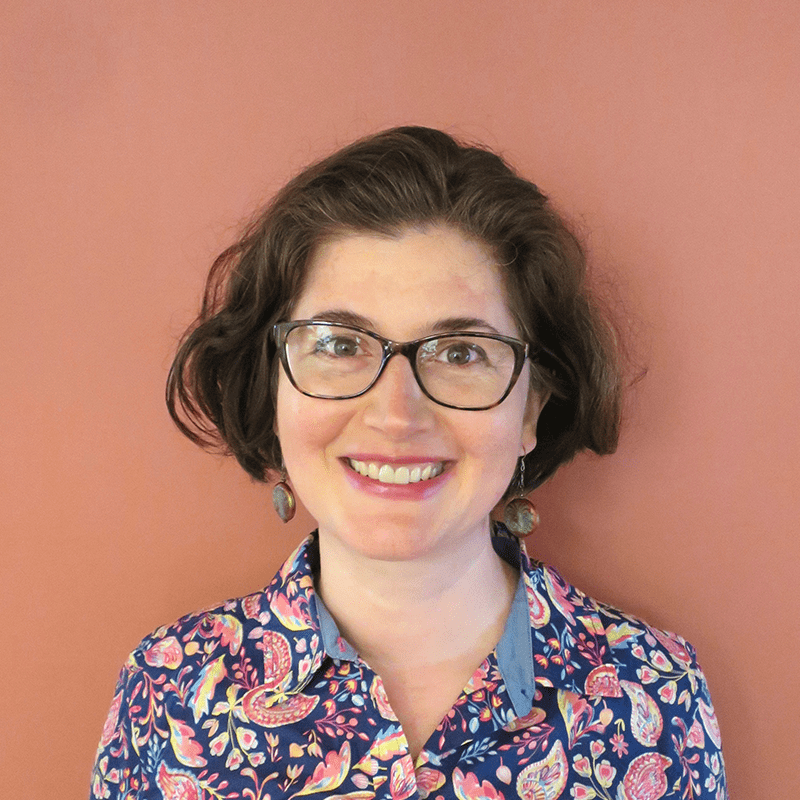Meet the Faculty
 Social Sciences
Social Sciences
79-201: Introduction to Anthropology
Featured Faculty: Ema Grama
What do you love about teaching?
In my view, teaching is not just conveying information. I see learning as being very much a collective process, in which the students and I strive together to create an intellectual community. A course thus becomes an inclusive space for everyone to exchange ideas, to debate, to push against misconceptions, to be challenged and to challenge others, and especially to bond over seeing new connections and learning about various ways of inhabiting this world. My favorite thing about teaching is that with no exception, at the end of each semester, I always learn from my students; from new ways of understanding a book, to becoming aware of novel implications of a text or argument or noticing new details in the visual media that I use in the lectures. Teaching has been one of the most rejuvenating and richest experiences of my life.
What do you remember most from your educational journey and how has that shaped your teaching?
I grew up in Romania during the late communist period of the 1980s, and therefore a part of my education took place during Ceausescu’s dictatorship. (The regime changed in 1989.) As a child, I knew that I had to be very careful about what I talked about at school--for instance, that under no circumstances I could tell my peers that my parents listened to Radio Free Europe during the night. I learned then that I shall never take for granted one's ability to freely express their own views--and that it is equally important to understand one's point of view from within the particular context of that society. This perspective is a key tenet of anthropology as a discipline. Anthropologists rely on long-term fieldwork, which entails participant observation, interviews, and informal conversations with people living in different societies and following specific cultural norms. There is an implicit assumption that these stories and information collected in the field are subjective interpretations--revealing the ways in which people assign meaning to social behavior.
What one piece of advice would you give your students?
Never stop being curious. Be kind--to yourself and to others. And never underestimate the power of a good sleep.